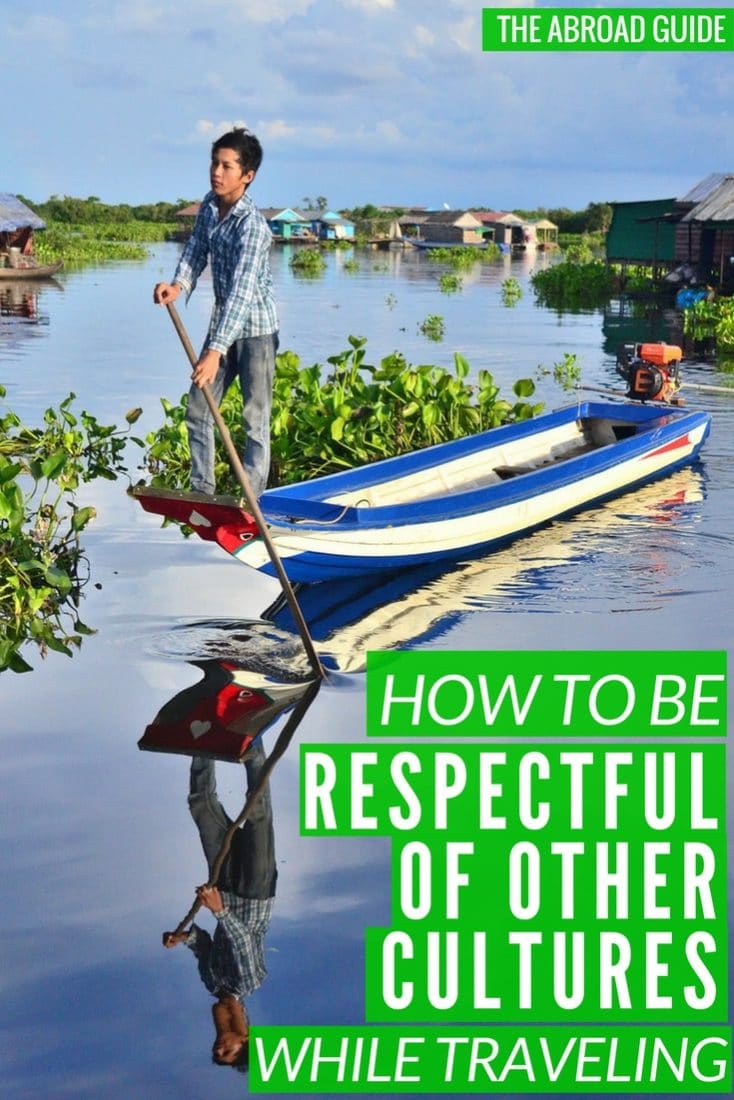As I embark on my journey to explore different corners of the world, there is one thing that I hold close to my heart: cultural etiquette. While it’s easy to get swept up in the excitement of discovering new places, foods, and experiences, it’s equally important to respect and appreciate the traditions and customs of the communities I visit.
For me, cultural etiquette is more than just a set of rules to follow; it’s about having a genuine curiosity and respect for the way of life of the people I encounter along my travels. It’s about acknowledging and understanding the deep-rooted history and values that shape their societies.
One of the first lessons I learned was the importance of doing my research before embarking on any trip. Each country has its own unique customs and traditions, and it’s essential to familiarize myself with them. From greeting practices to appropriate attire, being aware of these nuances can greatly enhance my experience and help establish a genuine connection with the locals.
Take Japan, for example, a country with a rich cultural heritage. Bowing is a customary form of greeting, and the depth and duration of the bow can convey various levels of respect. By understanding this simple gesture, I not only show appreciation for their customs but also foster a positive impression.
Language is another crucial aspect of cultural etiquette. Learning a few basic phrases in the local language can go a long way in showing respect and breaking down communication barriers. Even if I stumble over words or make mistakes, the effort is always appreciated, and it often leads to memorable interactions with locals who are more willing to share their stories.
One experience that truly exemplified the significance of cultural etiquette was when I visited Morocco. The country’s vibrant and colorful markets, known as souks, are a sensory overload of sights, sounds, and scents. But amid the hustle and bustle, it’s essential to be mindful of local customs.
In Morocco, bargaining is not only expected but also a part of the shopping experience. However, bargaining should always be done with respect and fairness. Haggling to a point where it becomes disrespectful is frowned upon. By following this unwritten rule, I not only saved some money but also gained the respect and trust of the local shopkeepers.
Dining customs are another aspect where cultural etiquette plays a significant role. Food is a powerful tool for connection and understanding cultures, and respecting dining traditions can show appreciation for the local cuisine and customs.
When I had the privilege of visiting India, I quickly became aware of the importance of using my right hand for dining. In many cultures, the left hand is considered unclean, and using it while eating is considered disrespectful. Adhering to this custom not only showed my respect for their cultural norms but also avoided any unintended offense.
While cultural etiquette is vital for respecting traditions while traveling, it’s important to remember that no one expects tourists to be experts in every aspect of a culture. Locals are often forgiving and appreciate sincere efforts to embrace their customs.
Showing an interest in learning from the locals also helps build bridges of understanding and acceptance. Whether it’s attending festivals, participating in community activities, or simply striking up conversations, embracing cultural immersion fosters an appreciation for different perspectives and ways of life.
In the end, cultural etiquette is an ongoing journey of learning and growth. Each experience teaches me something new and deepens my understanding of the world we live in. By approaching travel with an open mind, humility, and a genuine desire to connect with people from all walks of life, I am not only a traveler but also an ambassador of bridging cultures and fostering mutual respect.
So, as I embark on my next adventure, I carry with me the lessons learned and the commitment to respect, appreciate, and celebrate the traditions and customs of the communities I encounter along the way. Together, we can build a world where cultural diversity is cherished, and bonds of friendship are formed across borders.

